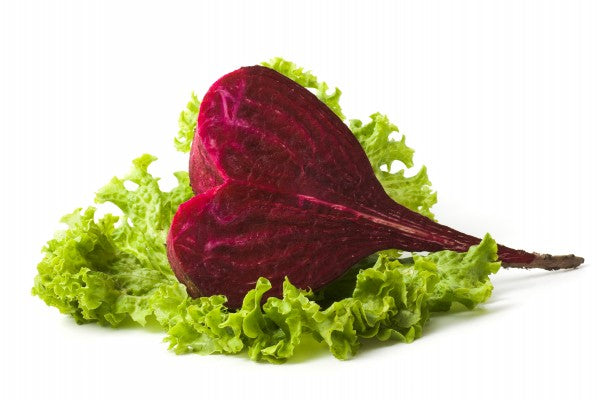Valentine’s Day seems to turn into an entire season in our culture.
And why not?
It would be a shame to dedicate just one day to the notion when you can have several weeks flooded with thoughts of romance, special treats, and that oh-so-good feeling of falling in love.
Of course, those “special treats” are typically not health-promoting.
Take chocolate, for example. There may be some redeeming qualities of chocolate in its raw cacao state, but its caffeine-like theobromine content negates any significant benefit right from the get-go.
Once cacao is processed into chocolate with loads of sugar, any health benefits are replaced with toxins.
But what makes chocolate the international symbol of allure — especially at Valentine’s season?
It’s a chemical attraction of sorts.
The cacao bean (raw chocolate) contains a chemical called phenylethylamine, a substance that stimulates the same reaction in the body as the feeling of falling in love.
But chocolate doesn’t have a corner on the market.
There are other foods that work the same way and actually promote health instead of detracting from it.
The lowly beet is one of them.
Like many other foods, beets are known to be aphrodisiacs. Now, many so-called aphrodisiacs get their reputation from legend and folklore. Beets, however, actually have the science to back the claim.
The beet, and beet juice (BeetMax) in particular, contains boron, a trace mineral that increases the level of sex hormones in both men and women.
Somehow the ancient Romans picked up on this fact; they were the first to consider beets a true aphrodisiac.
Was it the boron? Or maybe the fact that beets lower blood pressure. Or that they have the most powerful stimulating aroma on earth (isobutyl methoxy pyrazine).
Apparently the doomed city of Pompeii (entombed by ash from Mount Vesuvius in 79 AD) felt the same way about beets as the Romans did. A still-standing brothel there has a painting of a beet on its walls.
Beet-based love potions aside, modern science has revealed that boron can help curb serious sexual health issues.
Research has shown that, as men age, boron intake can increase testosterone levels by as much as 50%. Testosterone is the hormone responsible for sex drive in both men and women. In men, low testosterone can lead to loss of muscle mass, fatigue, mood swings, and depression.
But boron may be even more important for women.
In addition to maintaining healthy testosterone levels, boron helps women use and metabolize estrogen. It also balances calcium, magnesium, and phosphorus, which helps maintain bone strength.
Studies show that diets high in boron-containing fruits and vegetables (like beets) help prevent calcium loss and bone demineralization in postmenopausal women.
In fact, vegetarian diets like The Hallelujah Diet provide nearly double the boron intake of meat-based diets — which can actually produce boron deficiency.
This is bad combination.
Without boron to balance calcium levels, combined with the fact that meat has an inherent overabundance of serum phosphate (which causes calcium to be excreted in the urine), a meat-based diet is an open door to osteoporosis.
- Naghii MR and Samman S. The effect of boron supplementation on its urinary excretion and selected cardiovascular risk factors in healthy male subjects. Biological Trace Element Research. 1997; 56: 273-286.
- Samman S, Naghii MR, Lyons Wall PM, Verus AP., Department of Biochemistry, University of Sydney, NSW, Australia., The nutritional and metabolic effects of boron in humans and animals, Biol Trace Elem Res. 1998 Winter;66(1-3):227-35.
- Nielsen FH; Hunt CD; Mullen LM; Hunt JR. Effect of dietary boron on mineral, estrogen, and testosterone metabolism in postmenopausal women. FASEB J, 1987 Nov, 1:5, 394-7






